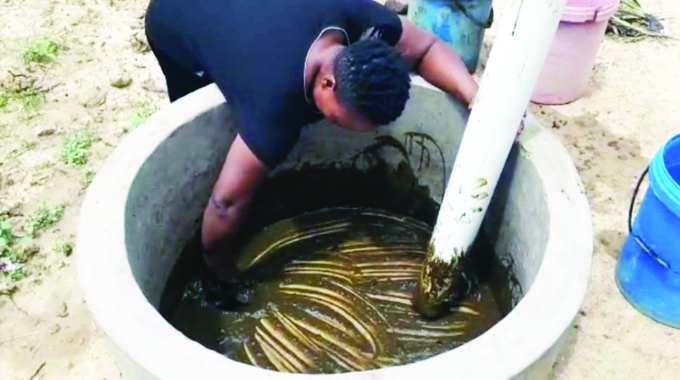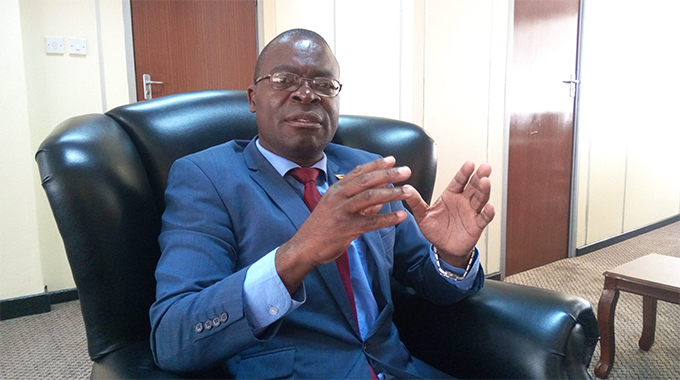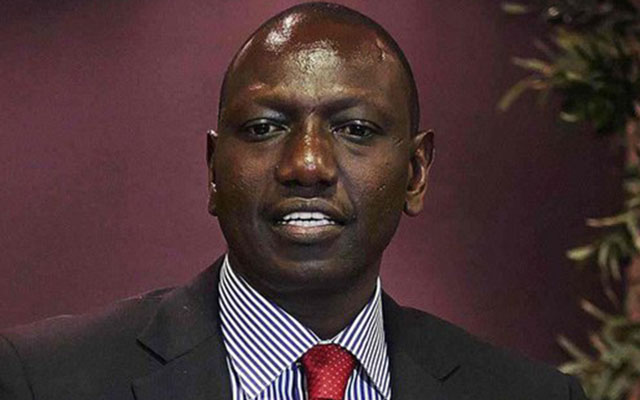Bioenergy transforms Mbire

Fungai Lupande
Mash Central Bureau
People in Mashonaland Central’s Mbire district have embraced household biogas digesters as an alternative source of energy for cooking.
Biogas is produced when organic matter, including cattle dung is decomposed in an anaerobic environment.
Mbire is a rural community in which most people rely on firewood for cooking, but thanks to the US$12 million programme which is being rolled out by the Ministry of Environment, Tourism and Hospitality Industries and UNDP, the community is now being taught on how to use bioenergy as an alternative source of energy.
Zambezi Valley biodiversity project manager Mr Chipangura Chirara said the household biogas digester is part of the Zambezi Valley biodiversity programme.
The project started in 2018 and will run until 2024 in Mbire, Muzarabani, Mana Pools, and Hurungwe districts.
“US$10 million is coming from Global Environment Facility (GEF6), US$2 million from UNDP while the Government of Zimbabwe contributed US$45 million through various activities by the Forestry Commission, ZimParks, Environmental Management Authority (EMA),” he said.
“The objective is to conserve the forests and wildlife while ensuring the communities derive a livelihood from projects like nutritional gardens, beekeeping and biogas digesters through small grants.
“The project is making sure that people don’t rely on the forests for their livelihood. The Forestry Commission is promoting the planting of indigenous trees and woodlots for tobacco farmers.”
Mrs Liziwe Jasi from Ward 2, Chapita Village under Chief Chisunga said bioenergy technology has become one of the measures to mitigate against the effects of climate change as she also uses the residue from the biogas digester as fertiliser for her Pfumvudza/Intwasa plots.
She said firewood was her main source of energy for cooking before she received training on the biogas digester.
“Growing up I never liked going into the forest to look for firewood and when I had my children, I would send them to fetch firewood for household use,” she said.
“When I was getting training on bioenergy it sounded laborious but after installing the biogas digester, I was grateful as this technology is proving to be safe, even a small child can use the biogas cooker.
“During the rainy season, women struggle to look for firewood in the forest and sometimes the firewood gets soaked by the rain, making it difficult to start a fire.”
Mrs Jasi said she is now enjoying a comfortable life in a rural setup due to bioenergy as she can now cook in the middle of the night.
Her wish is to upgrade her system so that her biogas digester can power a refrigerator and the lighting system.
“I have not yet tapped into some of the benefits from biogas because of money. I understand that it can also be used to power a refrigerator, oven, lighting, and other things but it needs money to upgrade the system,” she said.
“At my homestead, you will never see a stalk of firewood and you will never see my children in the forest with an axe. I am sorry for what I did, cutting down firewood before I set up the biogas digester. It is now a thing of the past.”
Mrs Jasi said that she uses three 20-litre buckets of cow dung which she mixes with three buckets of water to produce energy that is sufficient for a day’s cooking.
The residue is used as manure in her plot where she is practicing the Pfumvudza/Intwasa farming method.
“The residue has water at the top which I pack in five-litre containers and use as top-dressing fertiliser. I then place the dung matter in my Pfumvudza holes as manure,” she said.
Mrs Jasi added that biogas is the best energy source and also pushes households to keep cattle in order to get cow dung for the digesters.
“I was assisted by Environment Africa to install this biogas digester three months ago through the Zambezi Valley biodiversity programme.
“I am encouraging my neighbour to come and learn from the system that I have, so that together we can contribute to reducing deforestation.”









Comments